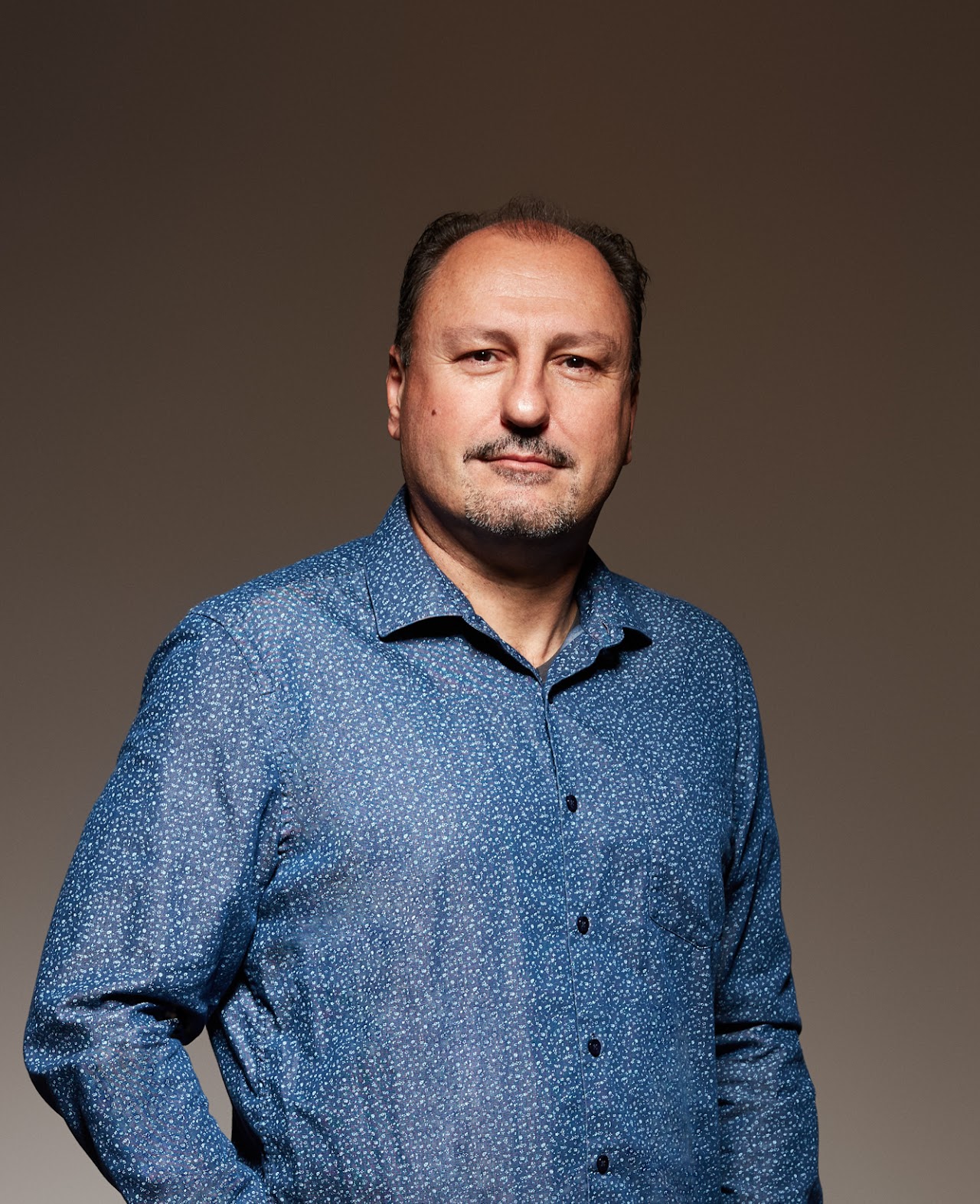Keynote Talks

Lionel Briand
Nanda Laboratory, EECS Department, University of Ottawa and the Software Verification and Validation Laboratory, Centre for ICT Security, Reliability, and Trust (SnT), University of Luxembourg
Revisiting the Notion of Diversity in Software Testing
Abstract: The notion of diversity has been used to automate various software testing tasks, for example test selection and minimisation. Intuitively, it is clear that more diverse test inputs and outputs are likely to detect more faults by more extensively exercising the software under test. However, measuring diversity usually comes at a significant cost, alternatives based on different information sources need to be considered, and trade-offs are required. The way diversity is measured therefore varies significantly depending on the context of application and scalability considerations. This presentation will reflect on many years of experience during which that concept has been used in test automation, across various application contexts, to help devise practical and scalable testing solutions.
Biography: Lionel C. Briand is professor of software engineering and has shared
appointments between (1) The University of Ottawa, Canada and (2) The SnT centre for Security,
Reliability, and Trust, University of Luxembourg. In collaboration with colleagues, over 25 years, he
has run many collaborative research projects with companies in the automotive, satellite, aeropsace,
energy, financial, and legal domains. Lionel has held various engineering, academic, and leading
positions in six countries. He was one of the founders of the ICST conference (IEEE Int. Conf. on
Software Testing, Verification, and Validation, a CORE A event) and its first general chair. He was also
EiC of Empirical Software Engineering (Springer) for 13 years and led, in collaboration with first
Victor Basili and then Tom Zimmermann, the journal to the top tier of the very best publication venues
in software engineering.
Lionel was elevated to the grades of IEEE Fellow and ACM Fellow for his work on software testing and
verification. He was granted the IEEE Computer Society Harlan Mills award, the ACM SIGSOFT outstanding
research award, and the IEEE Reliability Society engineer-of-the-year award, respectively in 2012, 2022,
and 2013. He received an ERC Advanced grant in 2016 — on the topic of modelling and testing
cyber-physical systems — which is the most prestigious individual research award in the European Union.
He currently holds a Canada Research Chair (Tier 1) on "Intelligent Software Dependability and
Compliance". His research interests include: software testing and verification, applications of AI in
software engineering, model-driven software development, requirements engineering, and empirical
software engineering.

Jane Cleland-Huang
Department of Computer Science and Engineering at the University of Notre Dame.
Truth or Dare: Real-World Fuzz Testing of UAVs in Flight
Abstract: Small Unmanned Aerial Systems (sUAS) need to meet rigorous safety requirements when deployed in high-stress emergency response scenarios. This requires systematic testing of the hardware, software, communication networks, and human interaction points. Fuzz testing is particularly effective at finding failures in edge cases that might otherwise be missed. In Cyber-Physical Systems, such as sUAS, tests typically move from simulation to the real-world; however, tests which execute perfectly in simulation can sometimes fail dramatically when run on physical sUAS, highlighting the importance of augmenting simulations with real-world Fuzz tests. Unfortunately real-world fuzzing is not only incredibly time-consuming, but also potentially hazardous because the inevitable failures produced by effective fuzz tests can cause sUAS to physically crash or fly-away. In this talk, Cleland-Huang will draw upon her own real-world experiences of developing and validating software for sUAS applications, and will explore the `truths’ and ‘dares’ of Fuzzing in the Field. The truth is that in the normal course of running physical flight tests, accidental erroneous input values can cause dramatic failures and crashes, but can also be incredibly helpful at revealing points of fragility in the system where modifications are needed. However, accidental fuzzing falls far short of the systematic goals of true fuzzing, introducing the non-trivial dilemma of how to safely deploy Fuzz Testing in the field. This talk explores this `dare’, by exploring a systematic approach for fuzz testing physical sUAS systems, thereby empowering testers to identify real-world weaknesses in edge-cases that could have been missed in simulation. The end result is increased robustness in real-world sUAS systems.
Biography: Jane Cleland-Huang is the Frank M. Freimann Professor of Computer Science
Chair and Department Chair of Computer Science and Engineering at the University of Notre Dame. Her
research interests focus on Requirements Engineering, Software and Systems Traceability, and Safety
Assurance for Cyber-Physical Systems (CPS). She is the Project Lead on the DroneResponse project which
was initially developed as a research platform for supporting Software Engineering research in
multi-agent CPS, but is now the core platform for a commercial system for deploying small Unmanned
Aerial Systems (sUAS) in Emergency Response scenarios. Jane has served as Program Chair for several
conferences including the IEEE Requirements Engineering Conference (2010), ESEC/FSE (2014), ICSE (2020),
CAIN (2022), and SPLC (2022). She has previously served as Associate Editor of IEEE Transactions on
Software Engineering and on the IEEE Software editorial board, and currently serves as Chair of IFIP 2.9
Working group on Requirements Engineering, and on the Editorial Boards for Communications of the ACM abd
Springer Verlag Requirements Engineering journal.
Along with members of her research group she has been the recipient of seven ACM SIGSOFT Distinguished
Paper awards, and the Mannfred Paul award for Excellence in Software Theory and Practice. Jane is
committed to supporting a diverse, equitable, and inclusive community of Software Engineering
researchers and envisions a future in which our research community is truly reflective of the population
around us. She is also passionate about impacting the world in a positive way through technology
transfer that takes research into practice, and as a result is currently engaged in two spin-off
companies – DroneResponse and SAFA.”